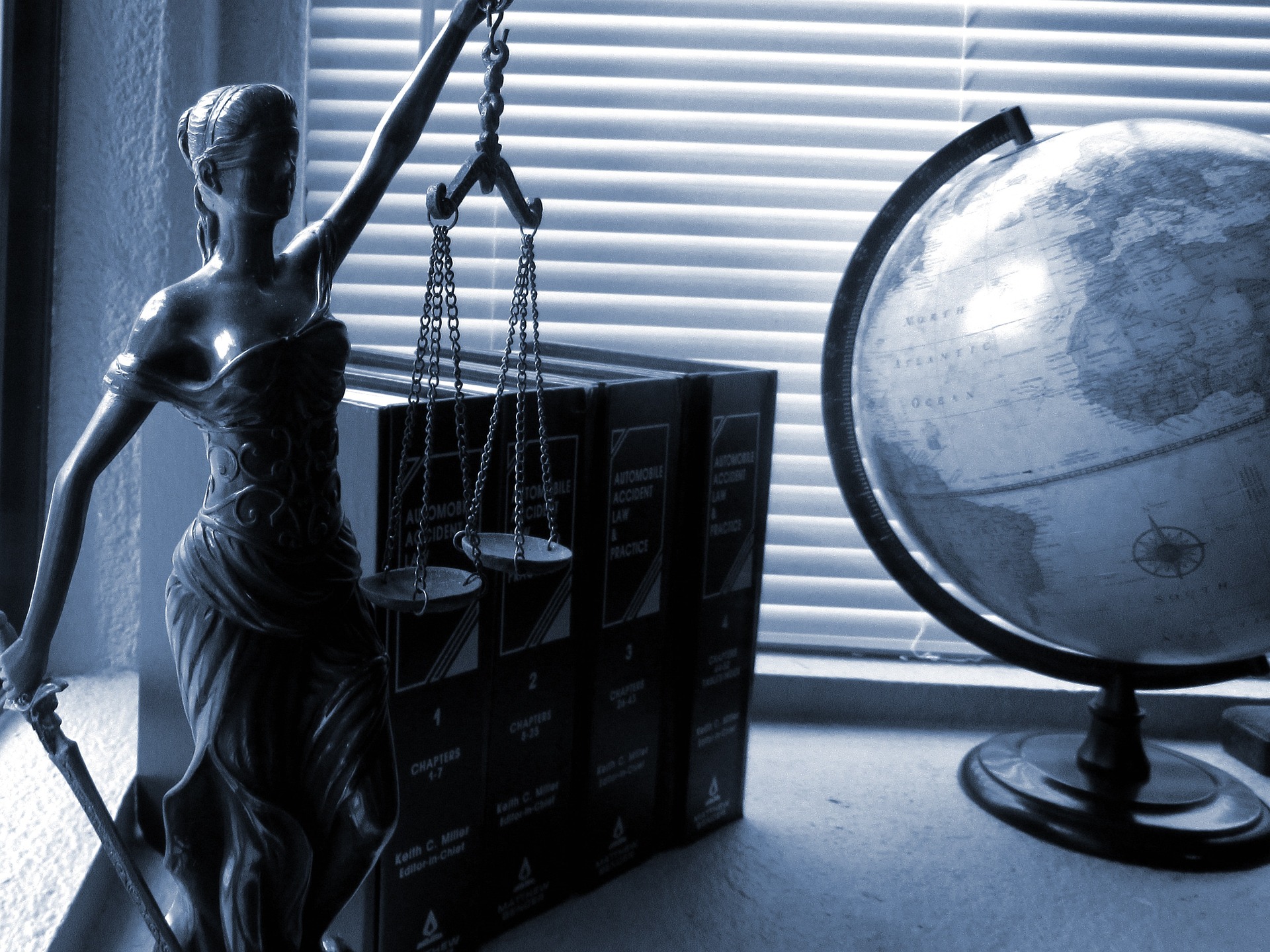Legal Framework for Outer Space Exploration
An exploration of the international legal framework for outer space activities, including the legal challenges and opportunities in this rapidly growing field. As the frontier of space exploration expands, so do the legal complexities surrounding it. Read below to delve deeper into this fascinating subject.
The Outer Space Treaty: A Foundation for Space Law
The 1967 Outer Space Treaty forms the basis of international space law. It sets out fundamental principles such as the prohibition of weapons of mass destruction in space, the non-appropriation of celestial bodies, and the peaceful use of outer space. However, as space activities evolve, questions about the adequacy of these principles arise.
Legal Challenges in Space Exploration
The increase in space activities by private entities, the exploitation of space resources, and the potential for space debris and other environmental concerns pose significant legal challenges. Current space law doesn’t fully address these issues, leading to calls for revisions or new agreements to ensure responsible behavior in space.
Private Companies and Space Law
The rise of private space companies like SpaceX and Blue Origin has disrupted the traditional model of space exploration, which was largely the domain of governments. The legal implications of this shift are still being worked out. In particular, the issue of how to regulate these companies’ activities and ensure they adhere to international legal norms is a hot topic in space law.
Space Mining and International Law
Space mining, or the extraction of resources from celestial bodies, is a contentious issue in international law. Although the Outer Space Treaty prohibits national appropriation of celestial bodies, it doesn’t explicitly address resource extraction. This ambiguity has led to divergent interpretations and potential legal disputes.
Space Debris and Legal Responsibility
Space debris presents a significant legal challenge. With no clear international standards on liability and removal, countries and companies may be reluctant to tackle this growing problem. Strengthening legal frameworks could incentivize responsible behavior and help preserve the space environment for future generations.
Useful Tips and Facts: - The Outer Space Treaty has been ratified by 110 countries, including all major spacefaring nations. - Several countries, including the United States and Luxembourg, have enacted national laws allowing their citizens to engage in space mining. - The International Space Station is governed by a complex set of legal agreements among its partners.
Conclusion:
As the final frontier becomes more accessible, the need for a comprehensive and effective legal framework for outer space activities becomes more apparent. Navigating these complex legal issues will be crucial to ensuring the sustainable and peaceful use of outer space. As we continue to push the boundaries of exploration, the law must evolve to keep pace with our ambitions.





